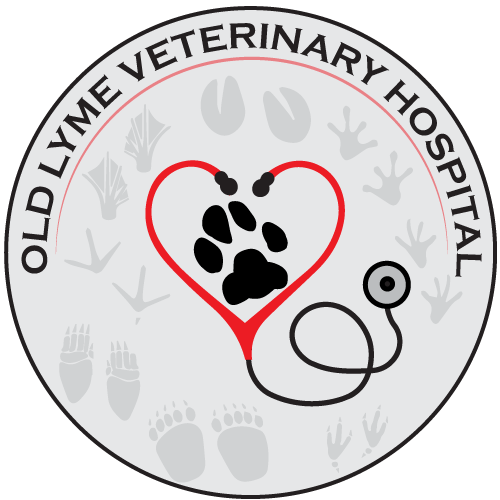OLD LYME VETERINARY HOSPITAL
1 Davis Road W Old Lyme, CT 06371 Call (860) 434-8387 | Text Message Us vets@oldlymevets.com |
|
|

Holiday Hours Notice
Old Lyme Veterinary Hospital will be open on Christmas Eve (December 24, 2025) from 8:00 AM–12:00 PM for prescription food and pharmacy items. Technician appointments will be available. There will be no doctors on duty.
We will be closed for the holiday on Christmas Day, Thursday, December 25, 2025, and Friday, December 26, 2025.
We will reopen for regular business hours on Monday, December 29, 2025.
In addition, we will be closed on New Year’s Day, Thursday, January 1, 2026, and will reopen for regular business hours on Friday, January 2, 2026.
If your pet experiences an emergency during our holiday closure dates please go immediately to a veterinary urgent care - http://www.oldlymevets.com/emergencies.pml

